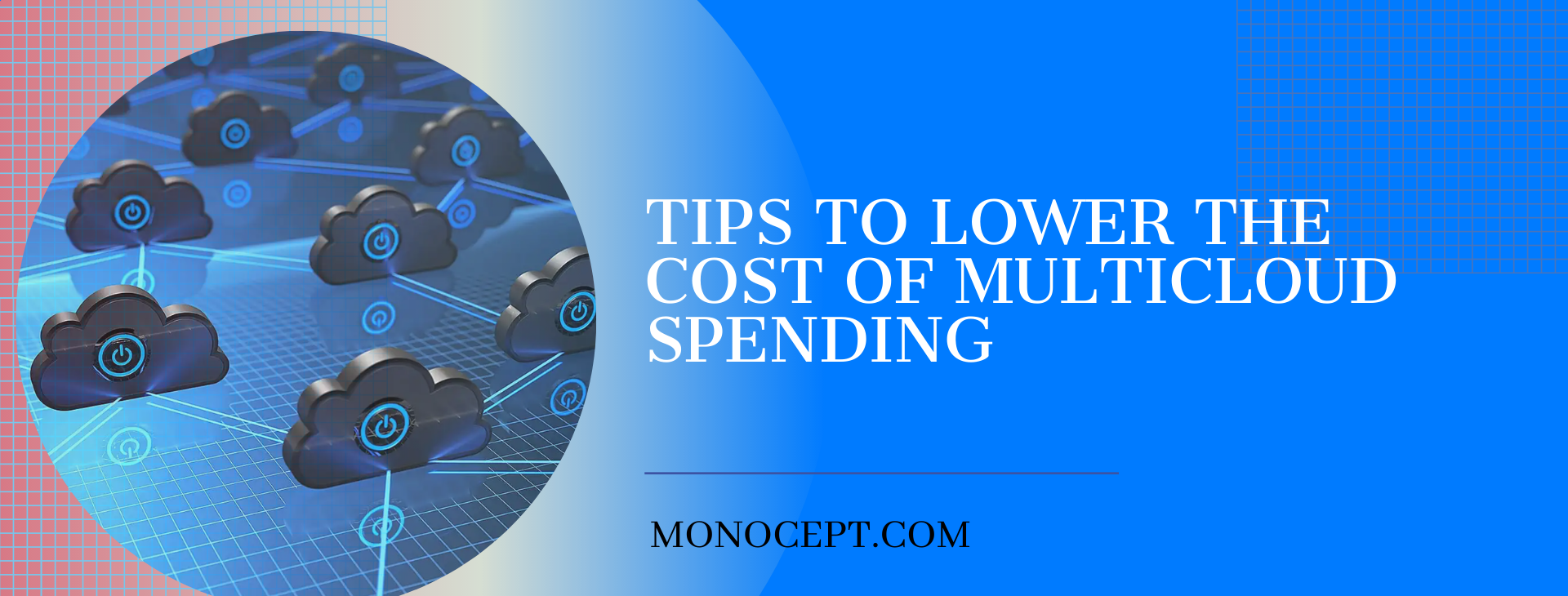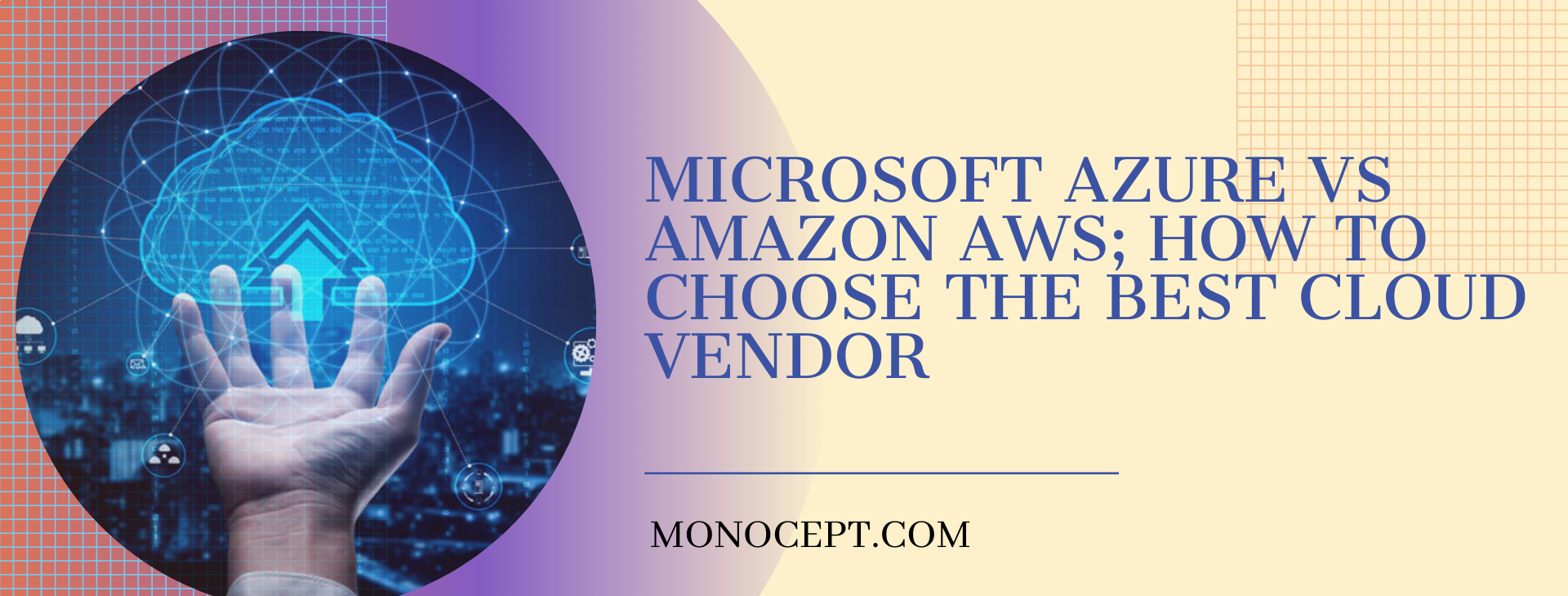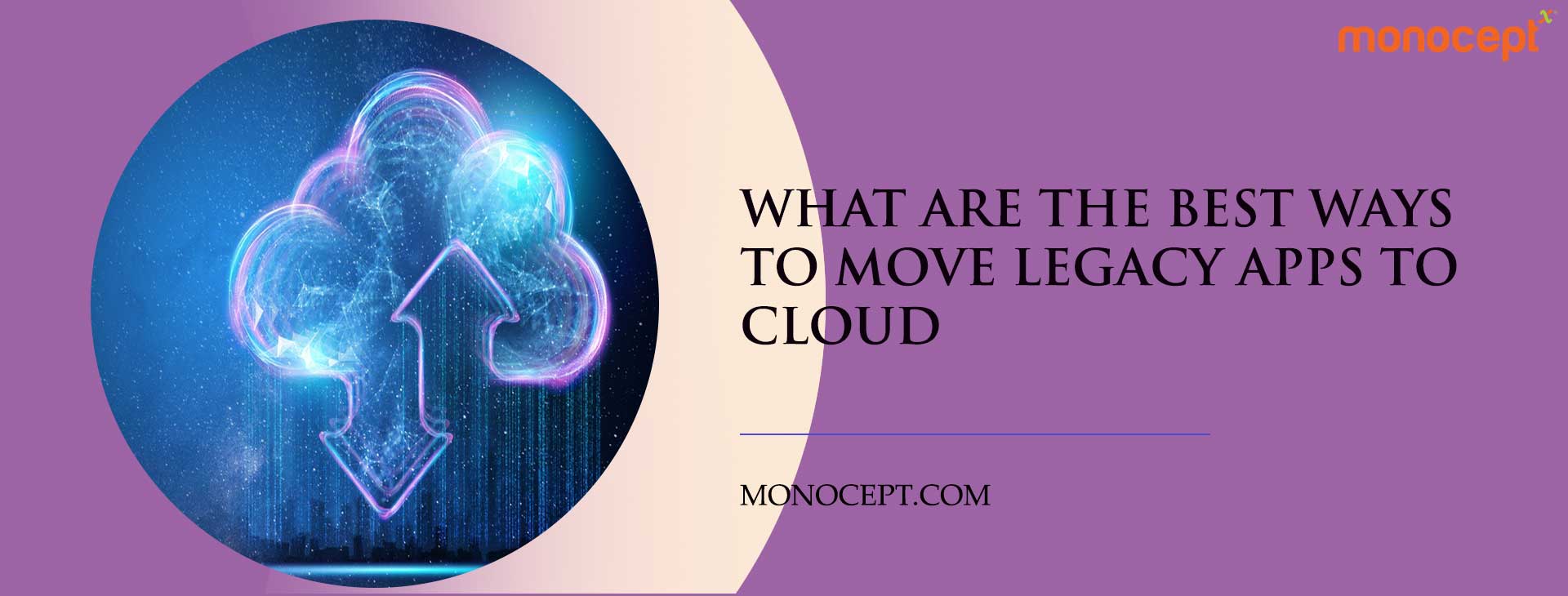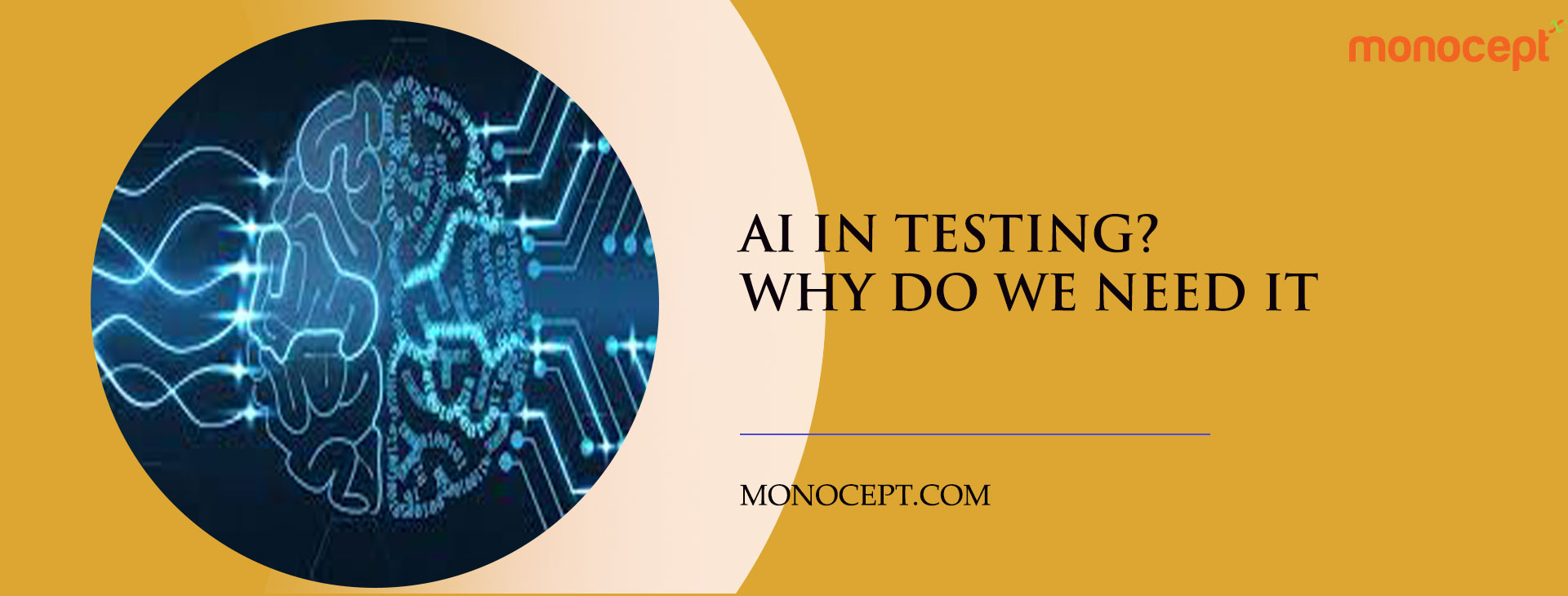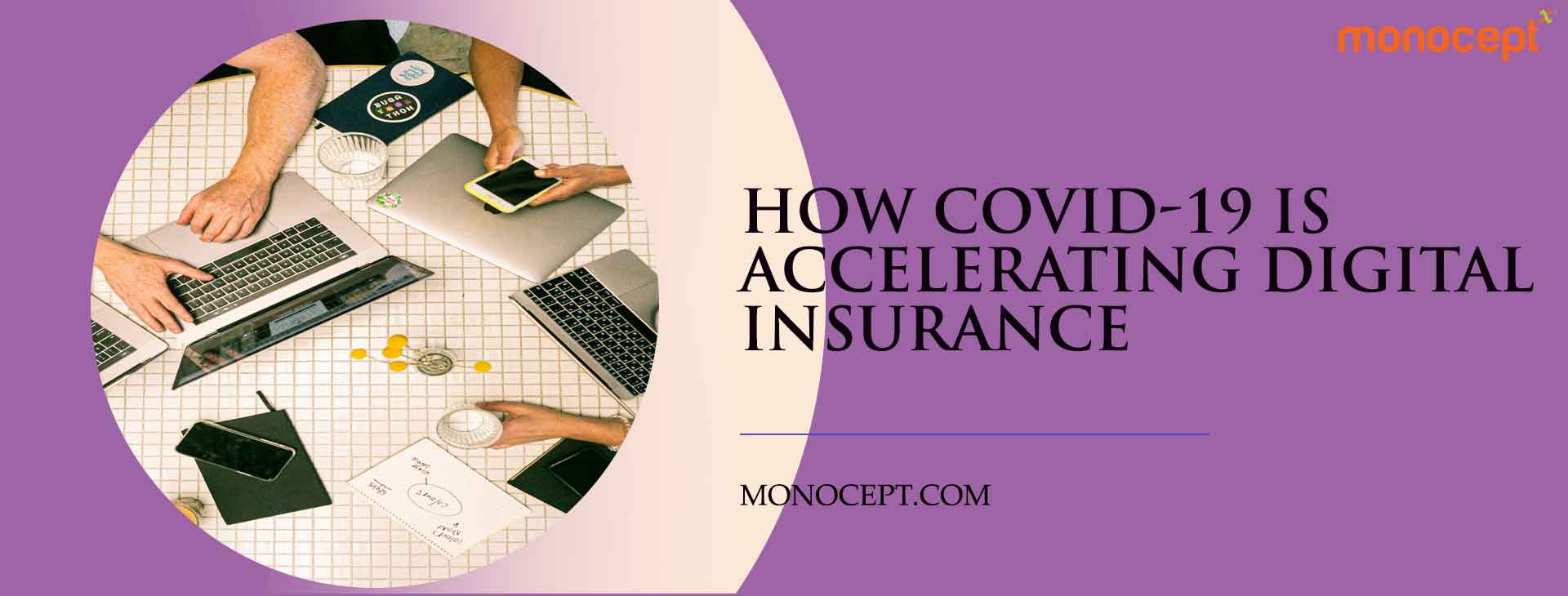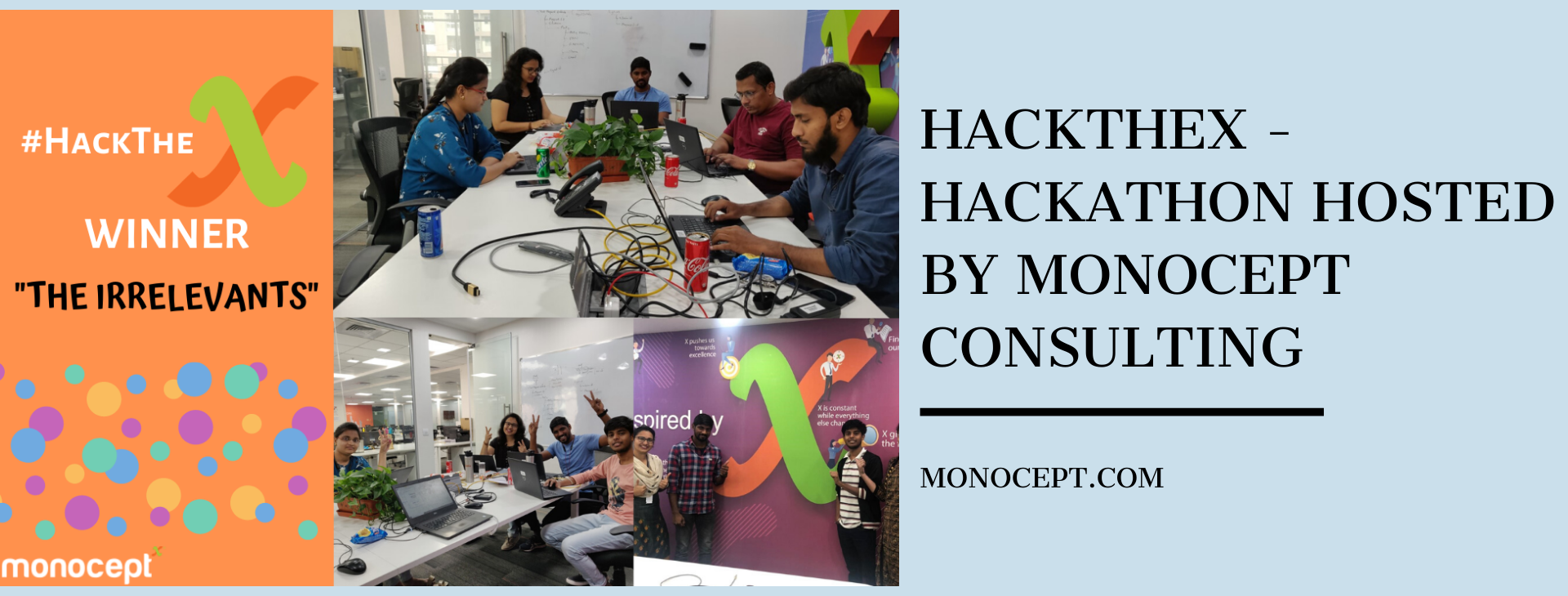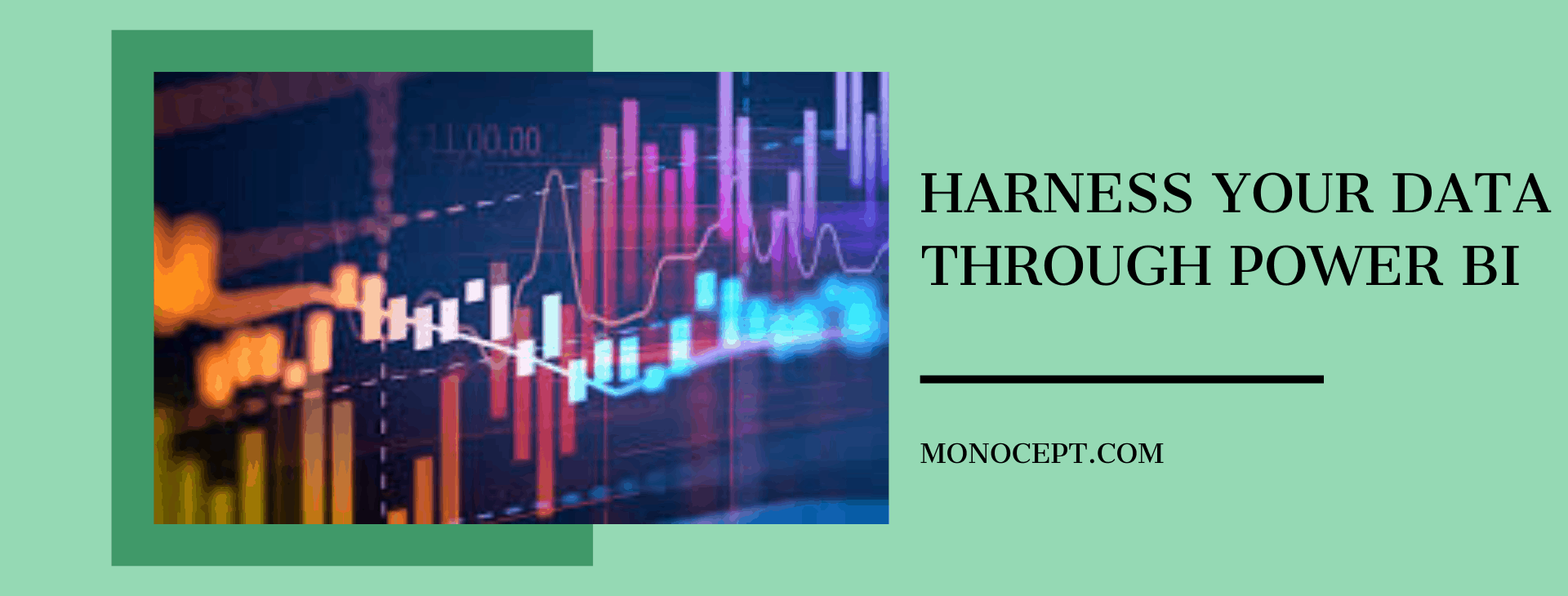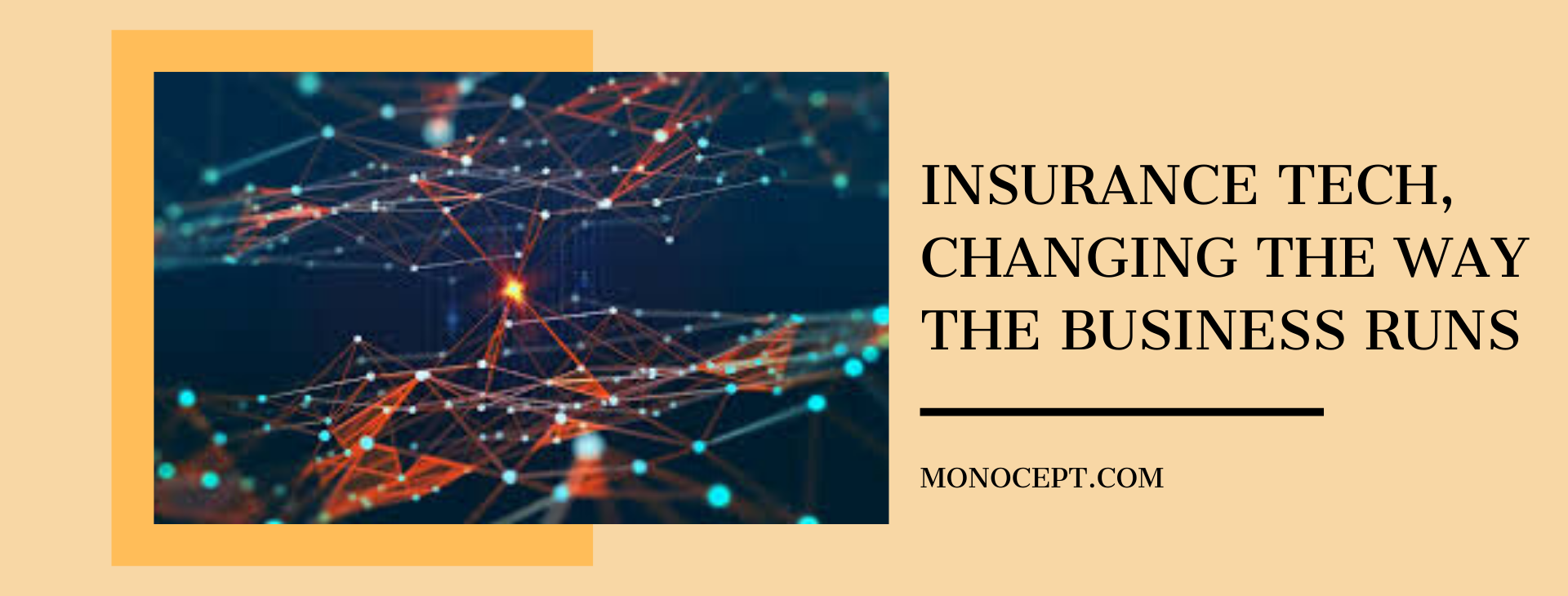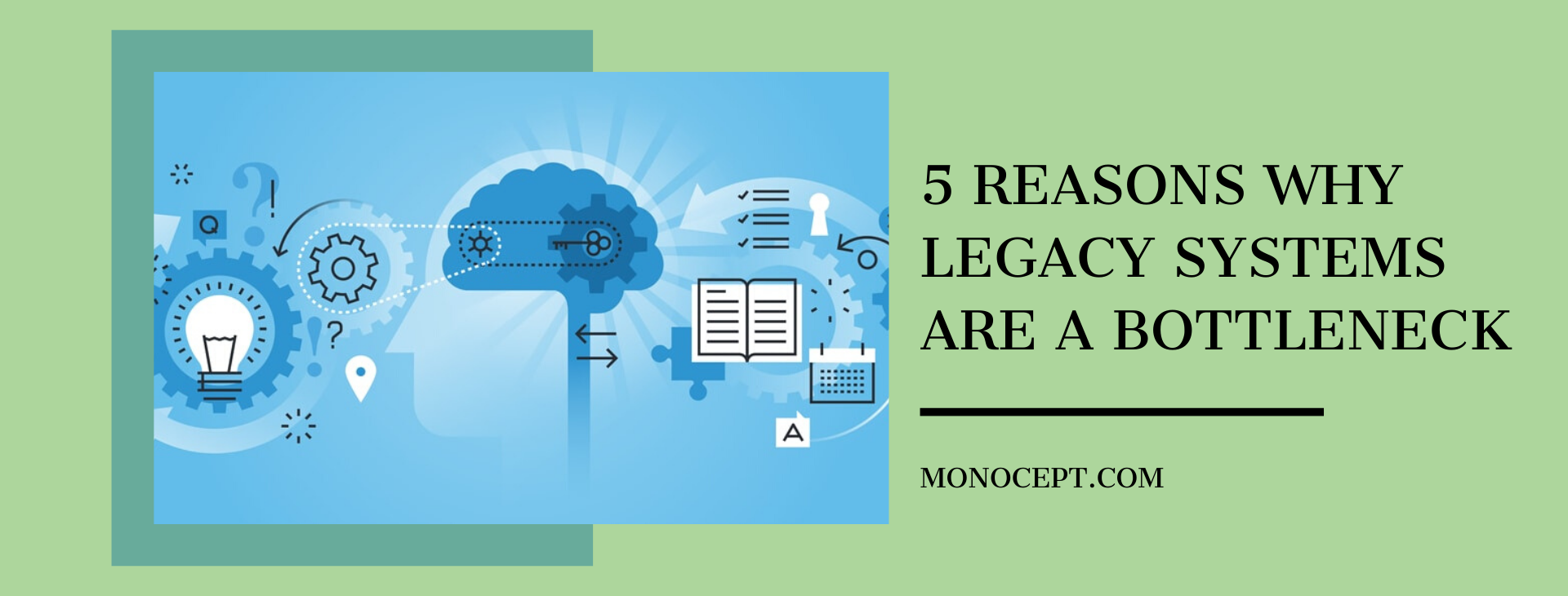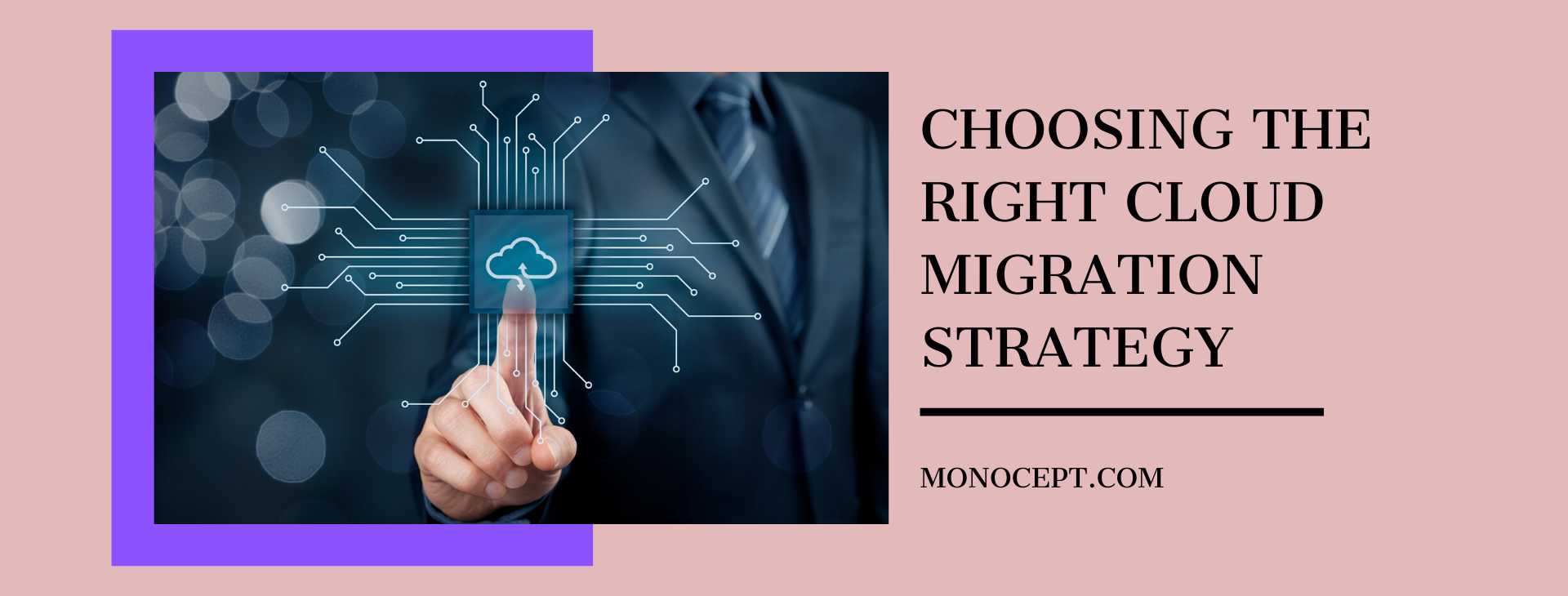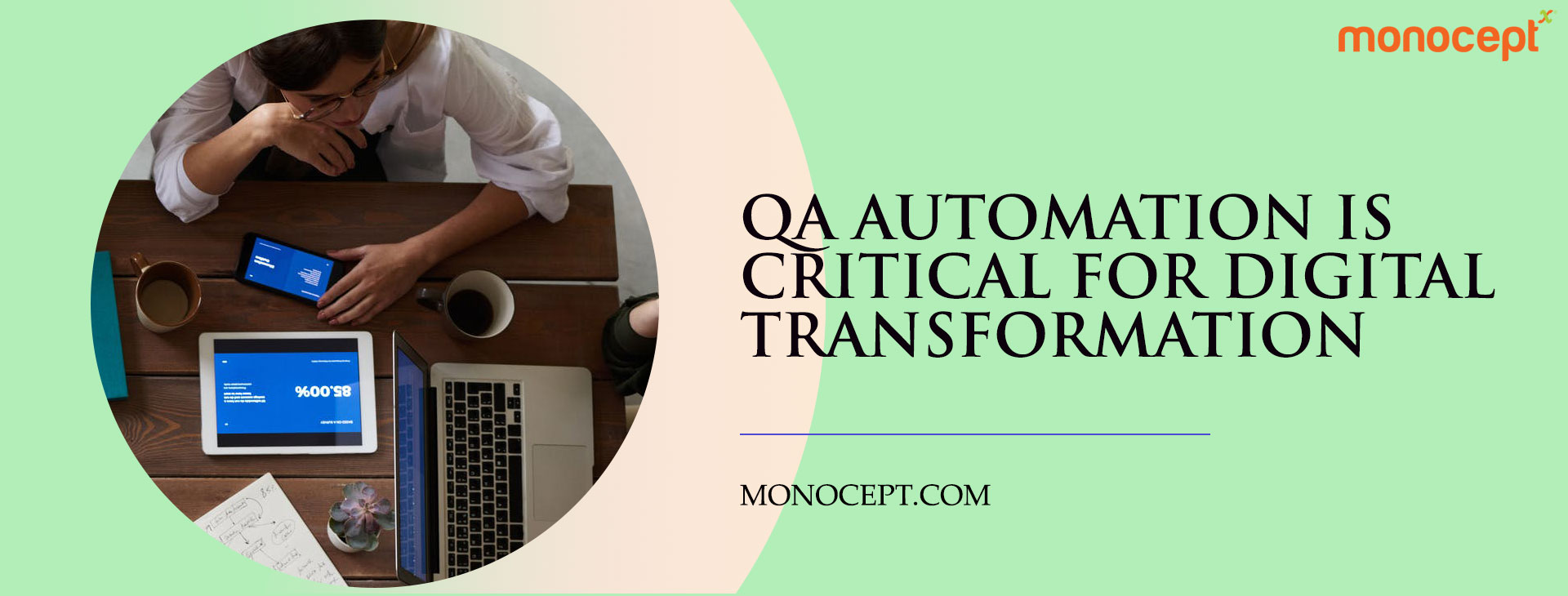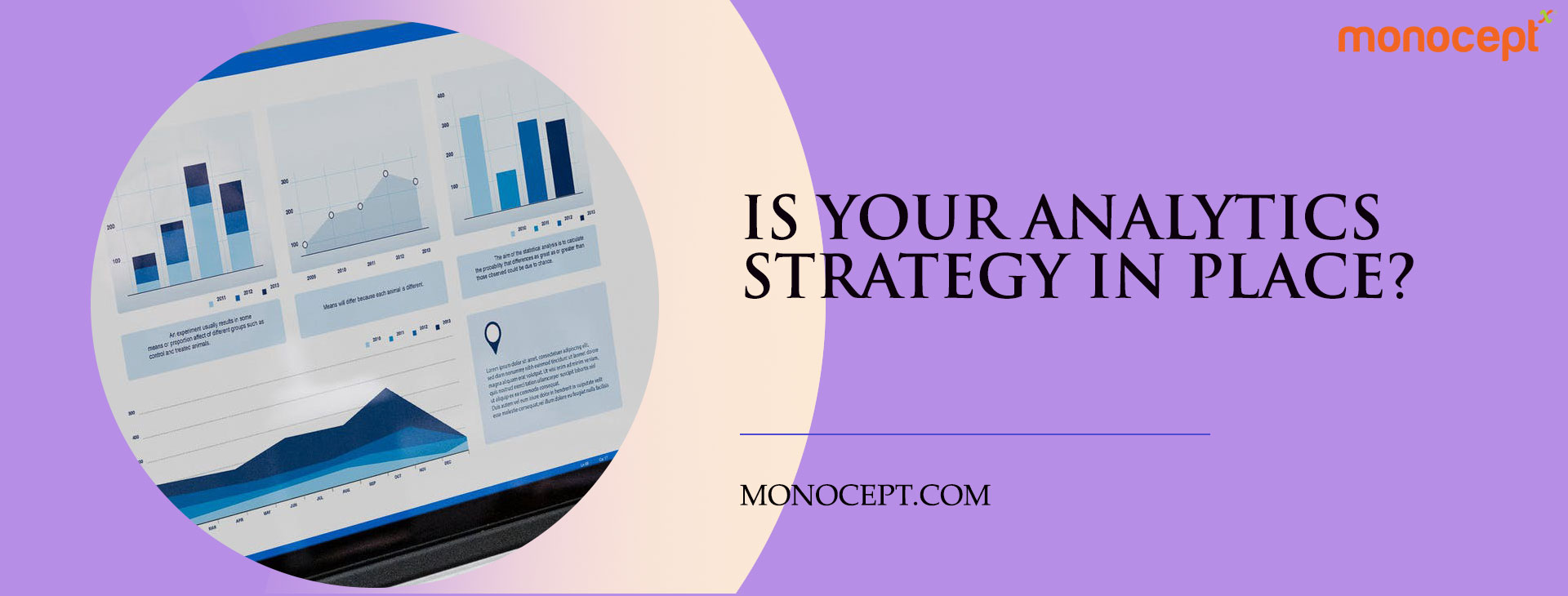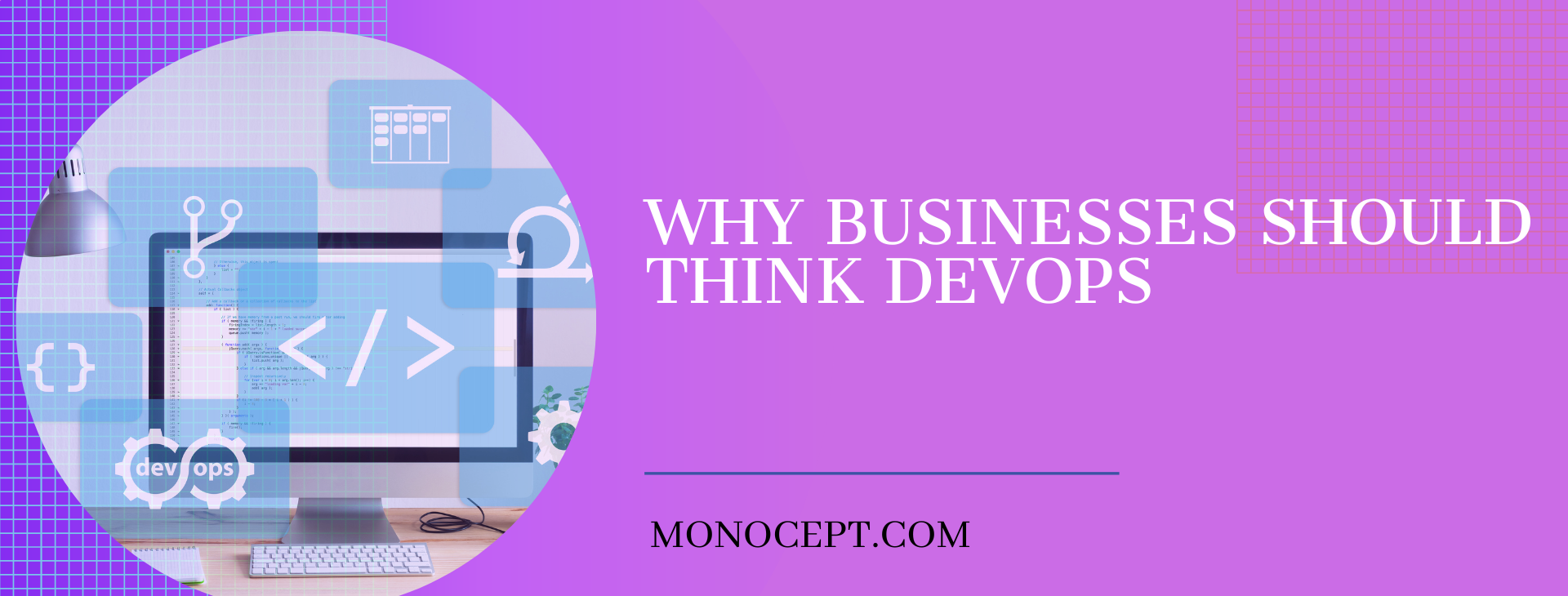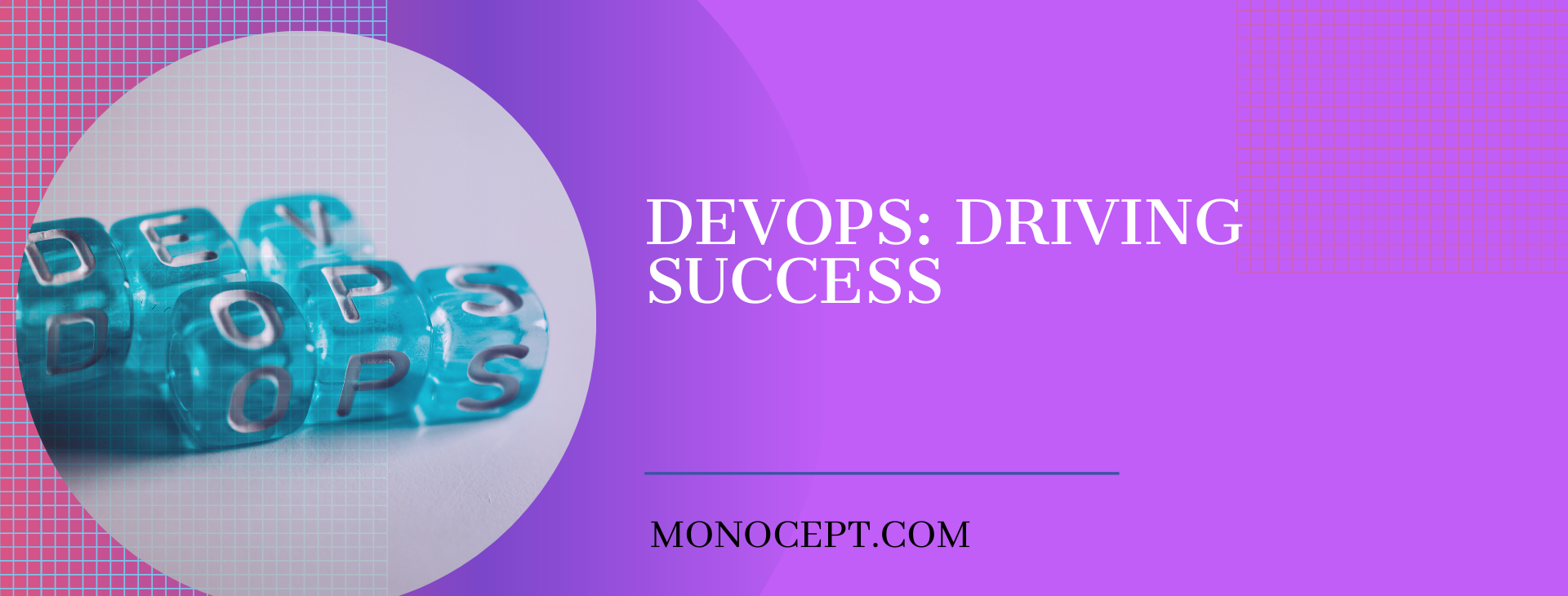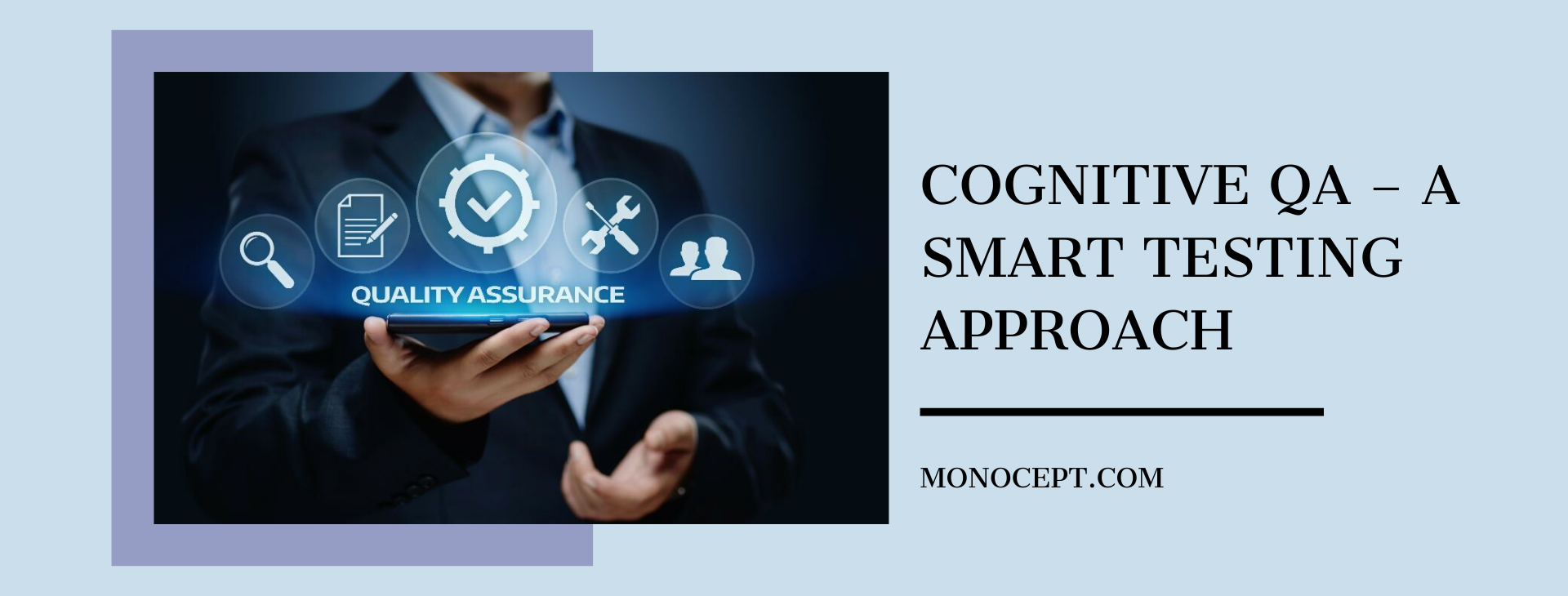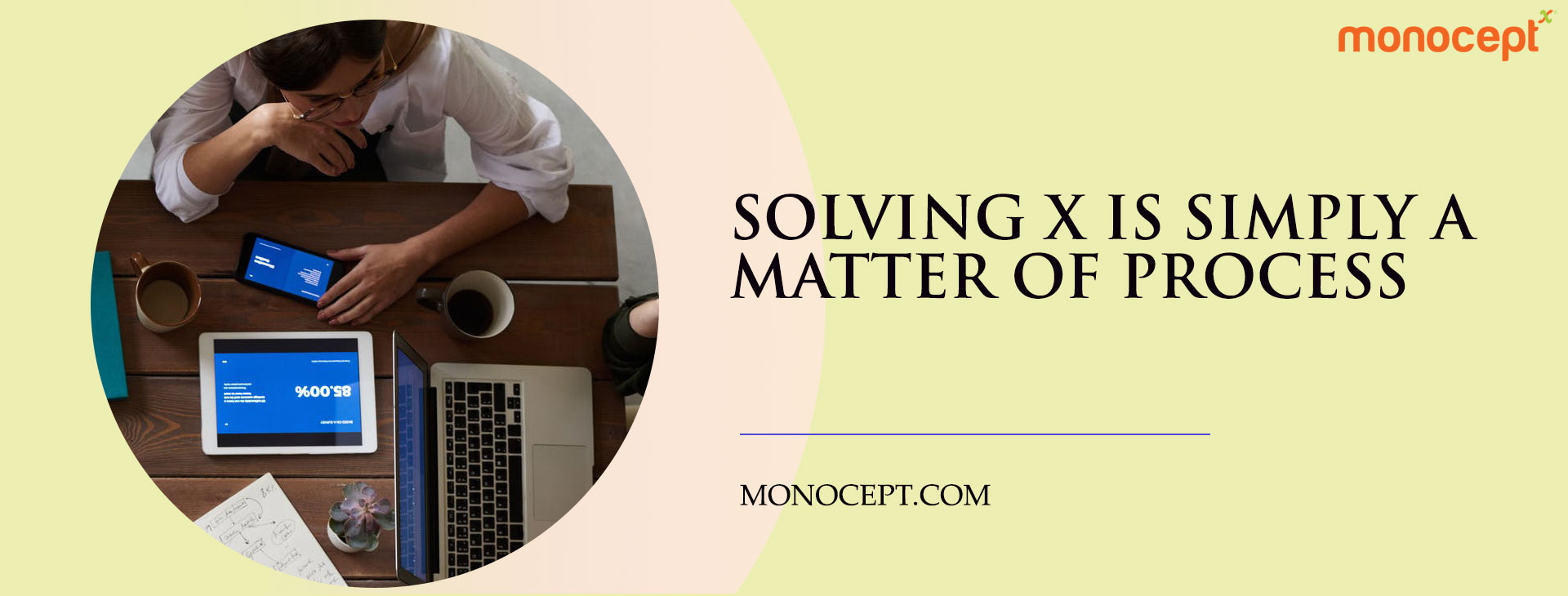The Impact Of Covid-19 In Data Security In Cloud Computing
The impact of Covid-19 on data security in cloud computing is a current and important topic. Due to the nature of cloud computing, it makes sense that there would be an increased need for protection from cyber attacks. The interesting thing about this is that the level of risk changes based on who owns the data being stored in the cloud. As with any company using third-party vendors, organizations must take care to protect their sensitive information by understanding how these services work and what they are doing to help keep your data safe. One way you can do this is by reviewing service agreements before signing up or after entering into an agreement where you will use a new vendor’s service for storing your data such as SaaS applications or databases.
The COVID-19 has forced millions of businesses worldwide to rethink their cloud computing strategy (or the lack of it). Now more than ever, any business’s survival requires the Cloud, as remote work, social distancing, and lock-down measures have limited the use of in-premise solutions.
No doubt, the Cloud comes with enormous benefits, but there are vast privacy and security concerns you must know.
The COVID-19 and Data Security
If your business had no cloud computing solution before COVID-19 or are in need or a more robust solution, you have gaps to cover. First, you must realize that employees’ and contractors’ actions (accidental and intentional), available technologies to manage and secure user access are serious concerns.
Also critical is that more employees are using free technology and unlicensed IT environments to transfer business content. Therefore, they move control over sensitive data to non-employee IT administrations and limiting the control of your IT team over enterprise data.
What’s more, over 50% of businesses using a cloud service have faced downtime since the beginning of the year – this is nearly 22% higher than the last decade.
The downtime, employee actions, and other issues above have made cloud environments the center of attraction for attackers. As of August 2020, over 39% of organizations faced phishing events, making it the most infamous attack in 2020.
It is followed by 34% experiencing malware attacks, and 27% have dealt with traditional DDoS attacks.
Extended cloud security for trust-based cloud service providers
Still, the responsibility of data (on-premises, systems, or the Cloud) is your responsibility. Therefore, you need a cloud security strategy that can manage all present risks and drive sustainable growth.
The first step is to determine if your current or potential cloud providers can respond to incidents promptly. In an era where security incidents are the norm, and your business operates under emergency circumstances, it is a priority. Furthermore, you need to assess and answer these questions;
- How transparent are these providers concerning data protection and security practices?
- If your company deals with data sovereignty needs, how can they ensure data remains within the country, alongside data backups?
- What happens when your cloud provider rolls out enhancements of their service in the future?
These vital questions can help you consider your level of trust in your current and potential cloud providers.
The model used in implementing and managing security in Cloud.
While discovering the right cloud provider, you must also identify data assets (infrastructure or application), sources, risk, and exposure involved. It will help you implement automation solutions to handle routine tasks and boost productivity. Your workforce will require training most efficiently and securely to work with your data assets. Training and automation can significantly increase efforts towards data protection, but it is not enough.
Materials and methods of cloud security
Beyond choosing the right cloud provider, pay attention to the most popular and compelling cloud security strategies for your business. Cloud vulnerability and penetration testing is off-course one of the most important, but others may include:
- Secure Socket Layer (SSL) encryption
- Intrusion Detection System
- Multi-tenancy based Access Control
- Meeting compliance and regulatory demands
- Predictive Analytics.
- Implementing local data backups
- Enabling secure data transfers
- Enforcing strong API access controls
- DDoS Protection Strategies
- Robust access management
- Intrusion management
- Network security monitoring measures
- Business continuity and disaster recovery
How information cards can be used for content-level security in the Cloud
Content-level strategy is another critical security measure to consider. Because your organization depends heavily on cloud computing and enterprise mobility technologies, you must consider it.
One such benefit is the ability to place restrictions on who can open, email, print, edit a piece of content, and set user-time limits. However, while considering content level security, information card systems can prove useful. Information card systems (also called digital identities) can help enhance operational efficiency as users access data in an organized folder. When their time repositories expire, the data becomes inaccessible to anyone. Information cards can also minimize costs, litigation from data breaches, improve IT security, and privacy, transforming business outputs, and better customer experience.
There is no doubt that the pandemic brought a new set of challenges and inevitable cloud migration. However, by being careful about each step you take, the challenges 2020 has brought to your business can be transformed into growth opportunities.
The cloud has changed the way we think about technology, and it’s time to rethink your approach to enterprise software. Monocept offers a revolutionary new platform that enables you to build software applications faster than ever before, without compromising on security or control.










